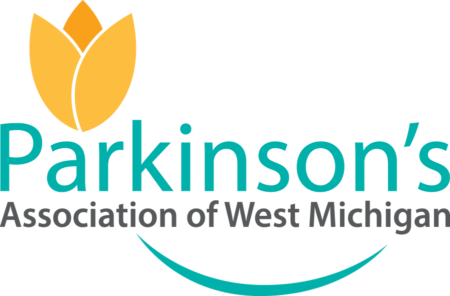2023 Grand Challenges in Parkinson’s Disease
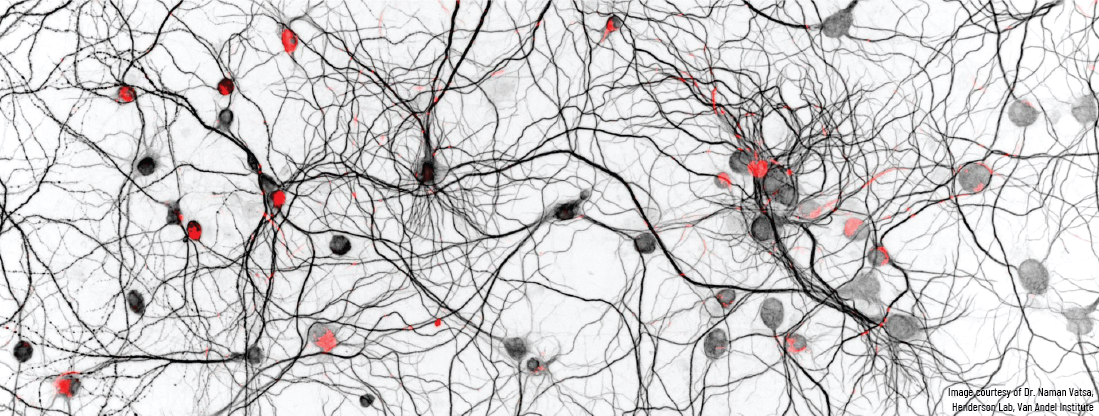
Grand Challenges in Parkinson’s Disease brings together hundreds of scientists, clinicians and people with Parkinson’s to explore the latest in Parkinson’s disease translational research. The 2023 symposium, Pathophysiological Mechanisms to Therapeutics, will highlight recent research that advances our understanding of the disease and our path toward developing disease-modifying treatments. A diverse group of speakers in the Parkinson’s field will describe the latest developments in topics including the endolysosomal pathway, protein aggregation and pathologies, neural circuits affected by Parkinson’s, and brain-body interactions in disease initiation and progression.
Van Andel Institute and Cure Parkinson’s are thrilled to once again host Rallying to the Challenge, a meeting designed for and by people with Parkinson’s, advocates and care partners that delves into how the Parkinson’s community can impact and accelerate research.
For questions, please contact Courtney Zirkle at [email protected].
Wednesday, September 27, 2023
Breakfast
Welcome
Van Andel Institute
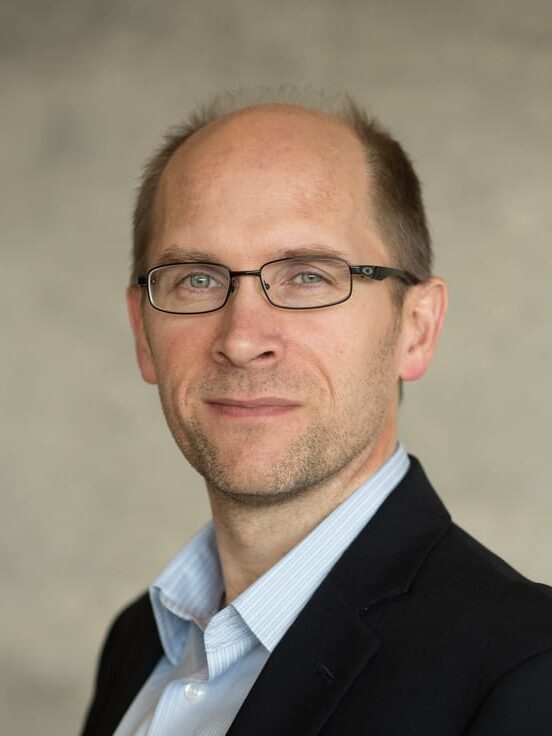
Introduction of Keynote Speaker
Van Andel Institute

Jay Van Andel Award for Outstanding Achievement in Parkinson’s Disease Research lecture
Perelman School of Medicine, University of Pennsylvania
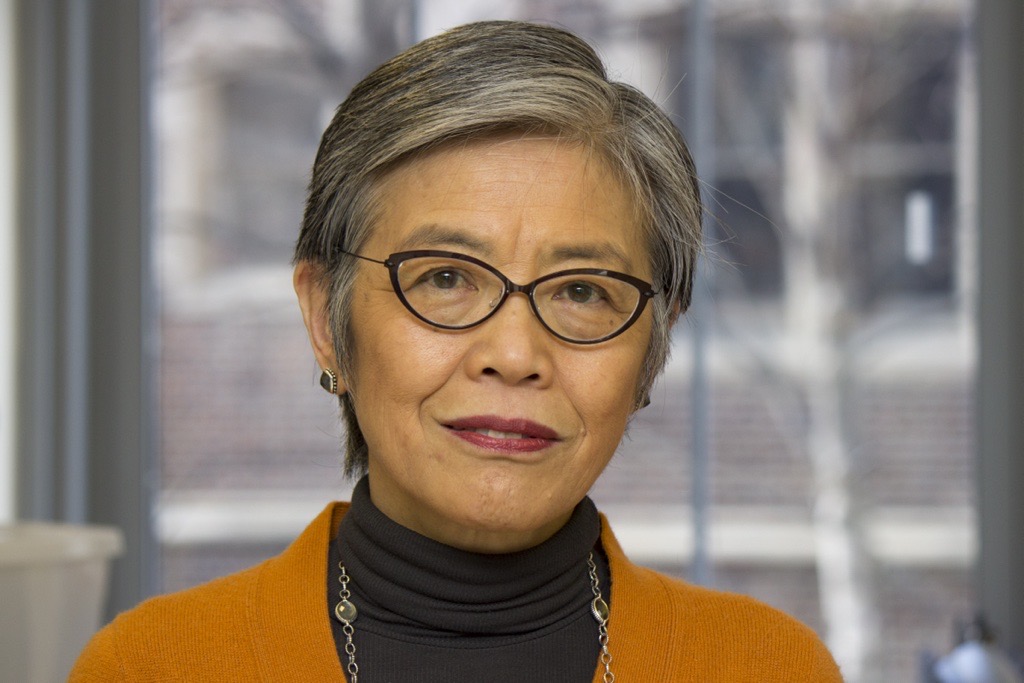
Transmission of misfolded proteins in neurodegenerative disorders
Discussion
Break
Session 1: Endolysosomal Dysfunction I (Chair: Darren Moore, Ph.D., Van Andel Institute)
Erika Holzbaur, Ph.D.
University of Pennsylvania
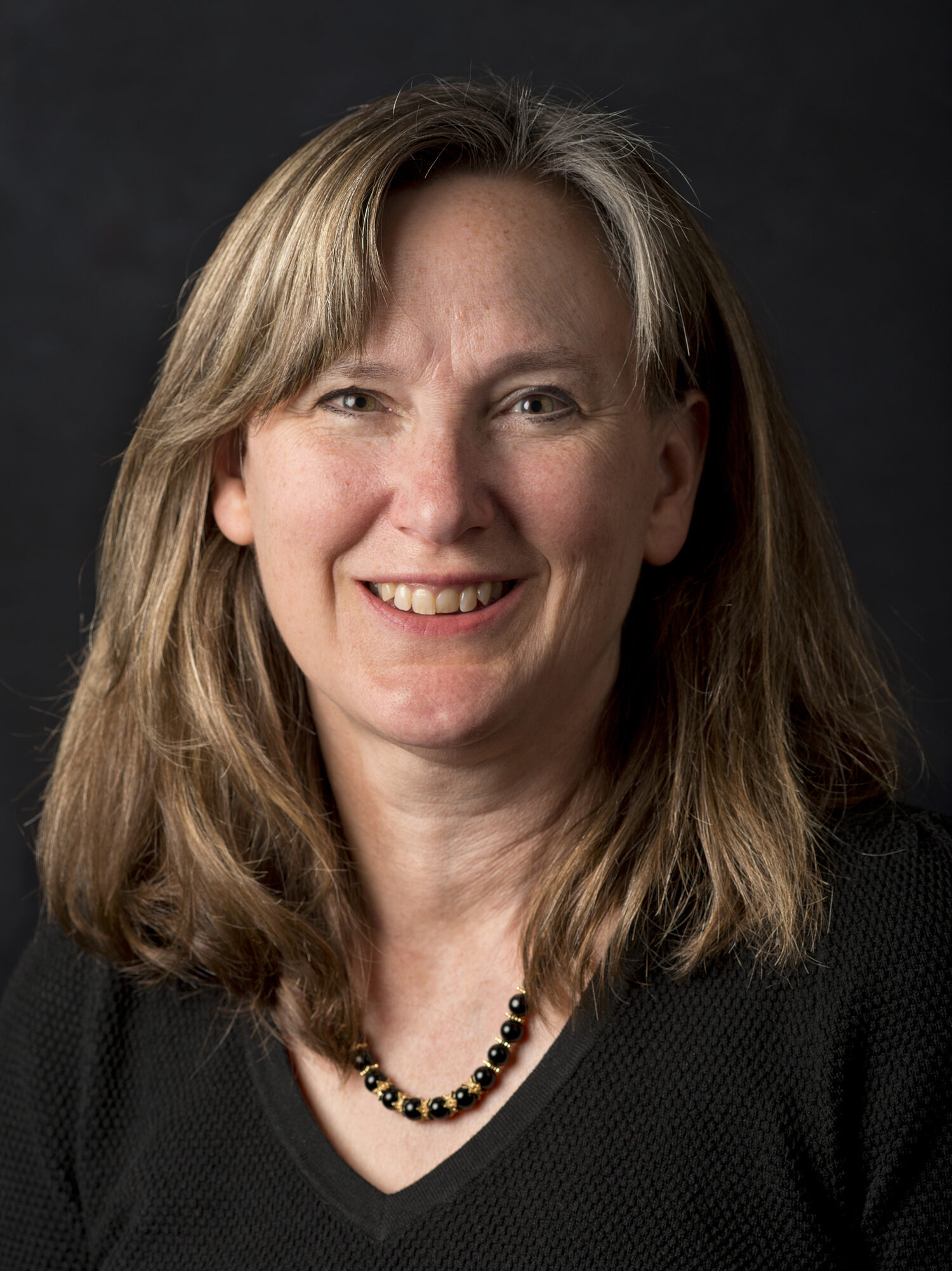
Pathogenic mutations in LRRK2 disrupt organelle trafficking in neurons
Mark Cookson, Ph.D.
National Institutes of Health
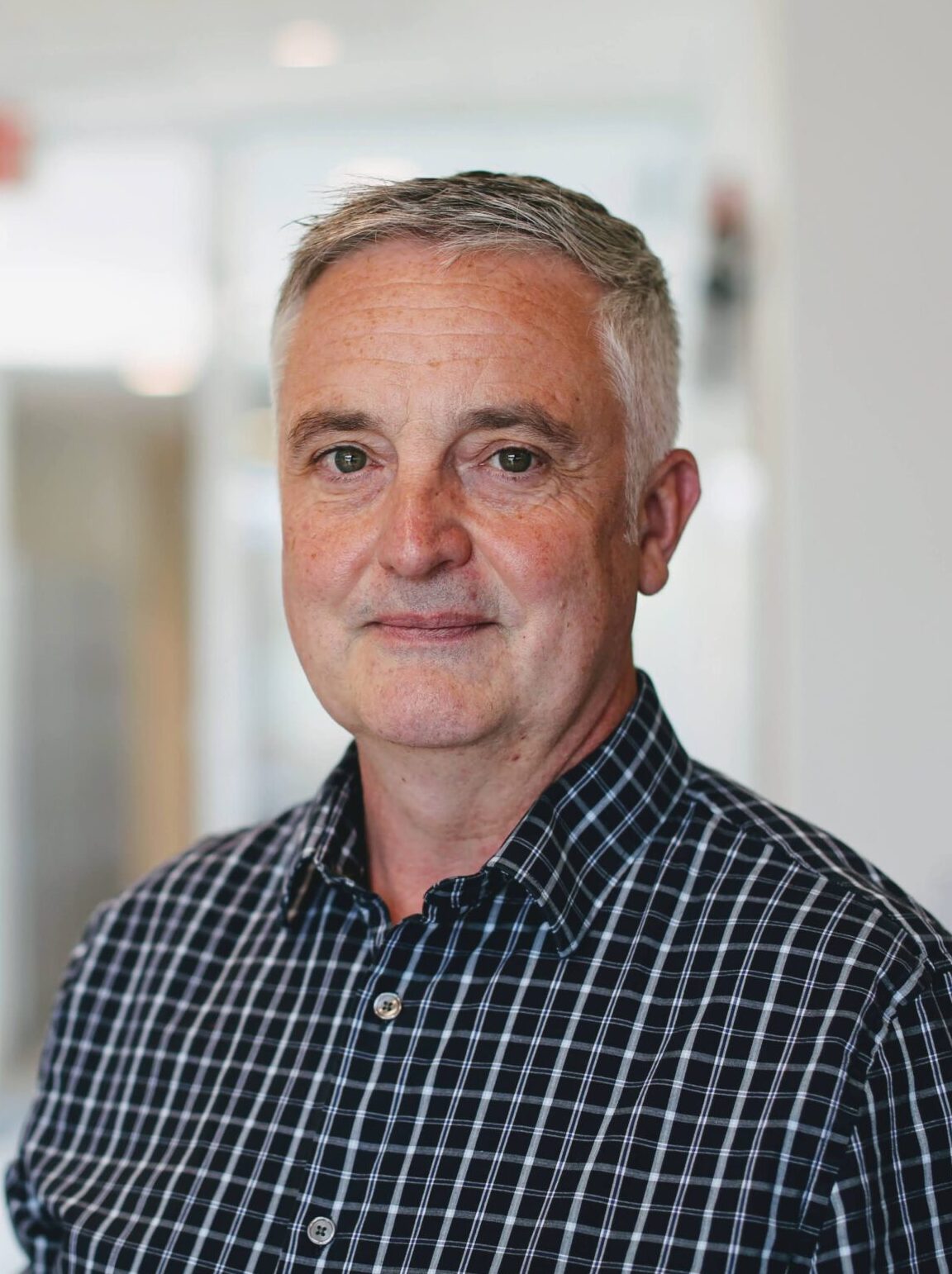
Microglia integrate effects of aging, inflammation and LRRK2 activation
Shawn M. Ferguson, Ph.D.
Yale School of Medicine

A brake for when lysosomes break
Abstract Selected Talk: Daniel Ysselstein, Ph.D.
Vanqua Bio
A small molecule allosteric activator of glucocerebrosidase demonstrates significant neuroprotective effects in models of GBA-Parkinson’s disease and robust in vivo target engagement
Discussion
Lunch
Session 2: Endolysosomal Dysfunction II (Chair: Gerhard (Gerry) Coetzee, Ph.D., Van Andel Institute)
Ellen Sidransky, M.D.
National Human Genome Research Institute
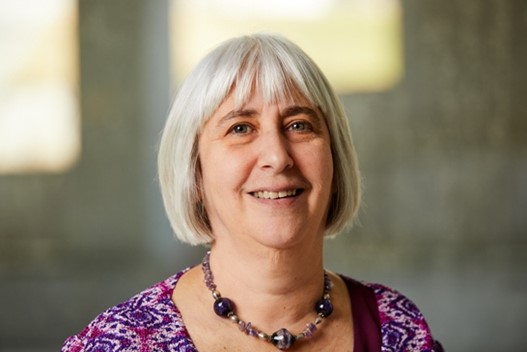
GBA1 and the lysosome in Parkinson’s disease: An evolving story
Manu Sharma, Ph.D.
Weill Cornell Medicine
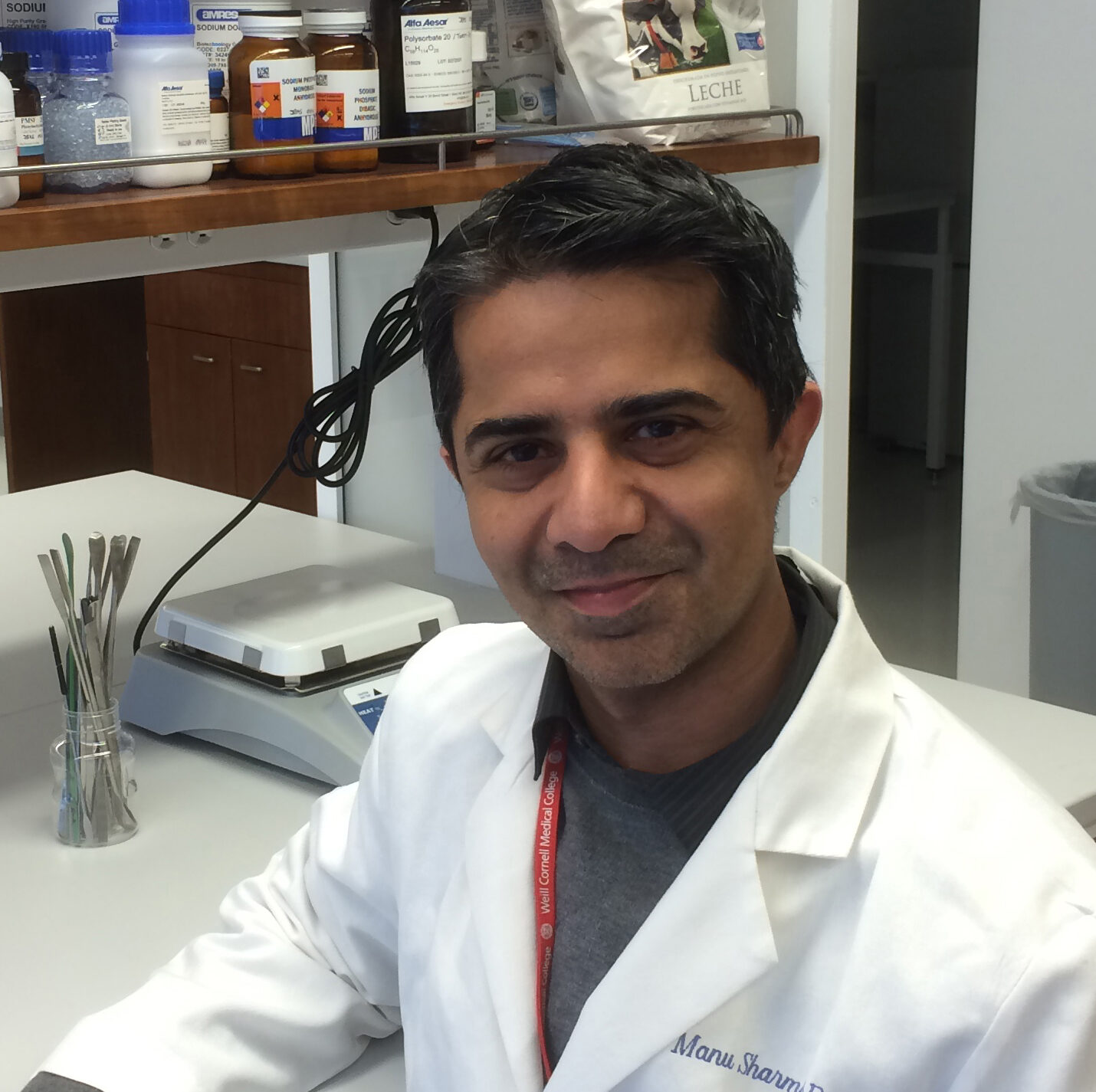
Lysosomal exocytosis releases pathogenic α-synuclein species from neurons in synucleinopathy models
Anastasia Henry, Ph.D.
Denali Therapeutics
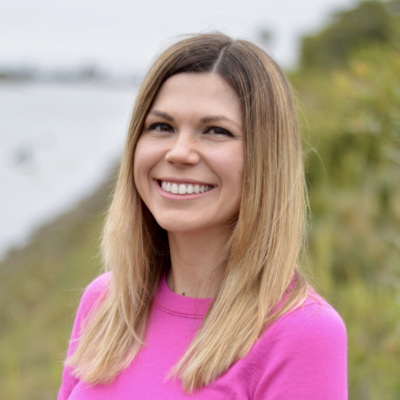
LRRK2 kinase activity regulates Parkinson’s disease-relevant lipids at the lysosome
Discussion
Break
Session 3: Protein Pathologies I (Chair: Laurent Roybon, Ph.D., Van Andel Institute)
Laura A. Volpicelli-Daley, Ph.D.
University of Alabama at Birmingham
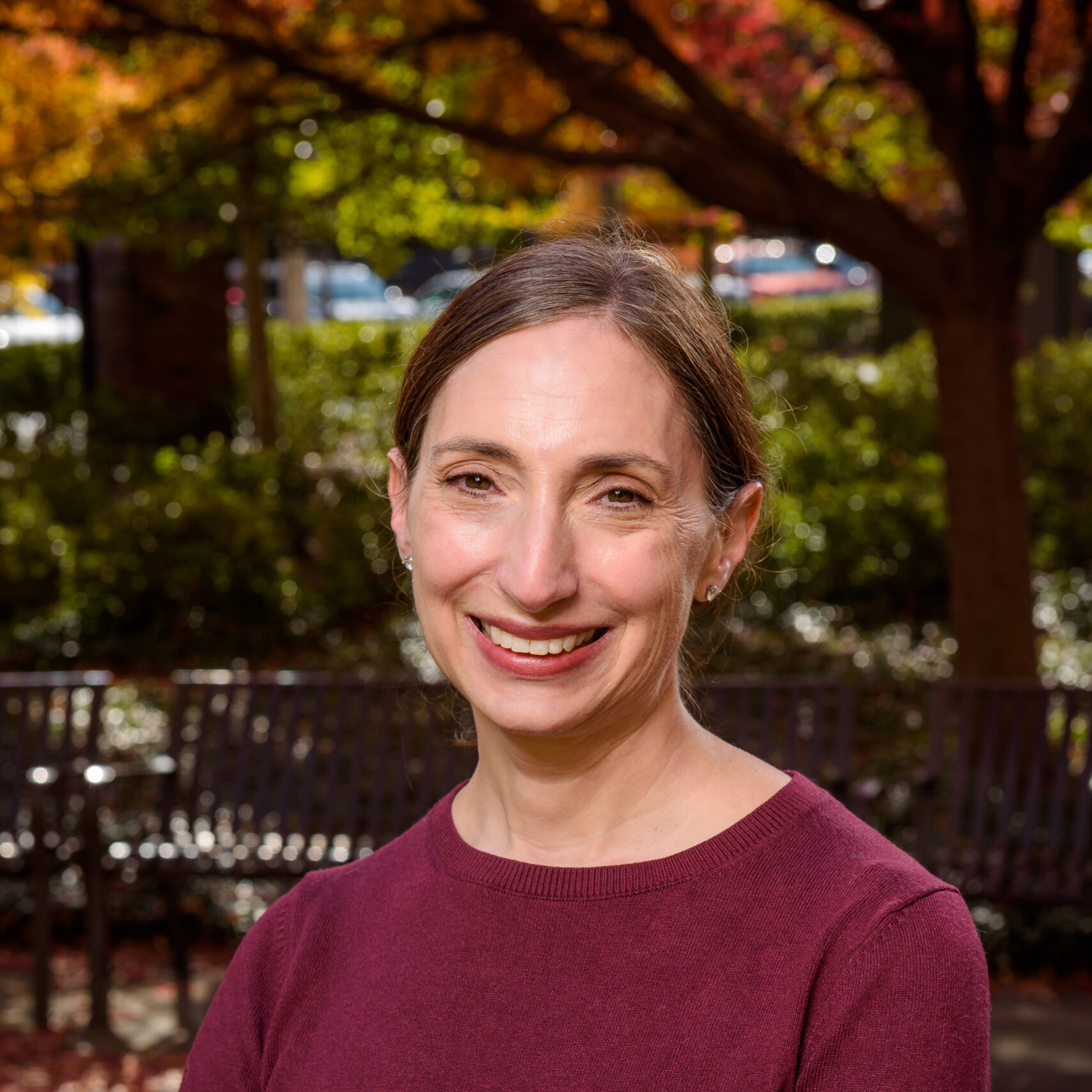
Does pathologic alpha-synuclein cause dementia?
Yang Yang, Ph.D.
MRC Laboratory of Molecular Biology
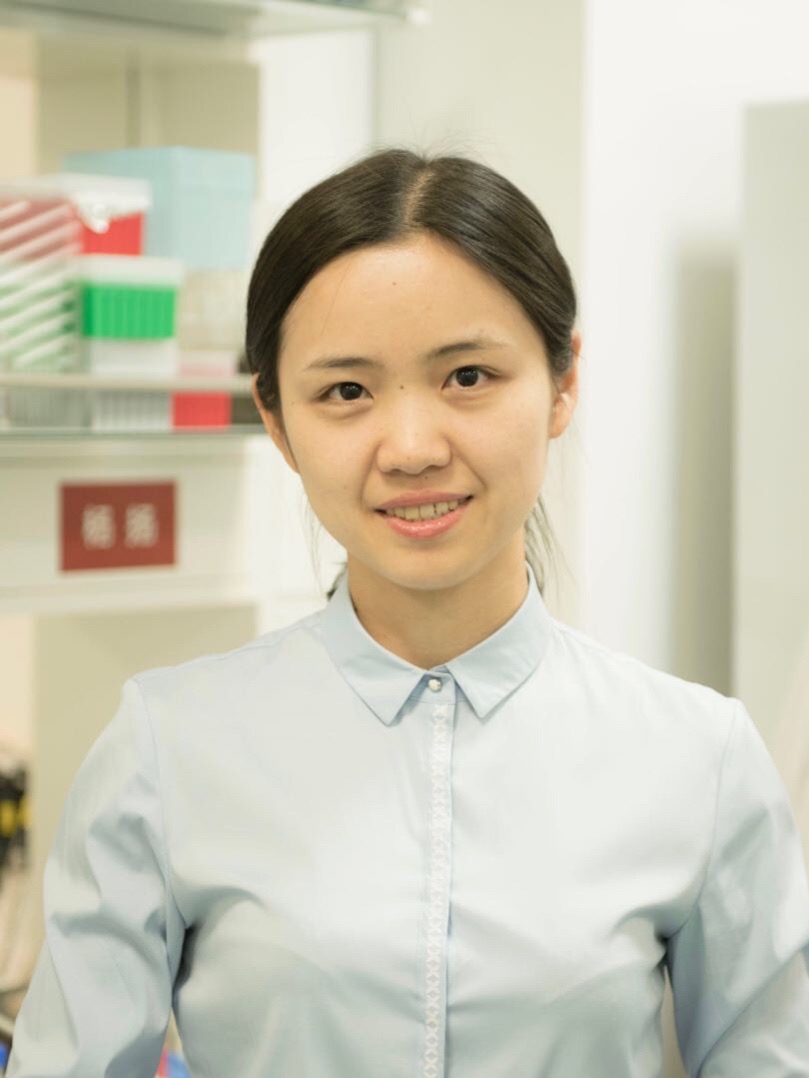
Structures of α-synuclein filaments from human brains
Amanda Woerman, Ph.D.
University of Massachusetts Amherst
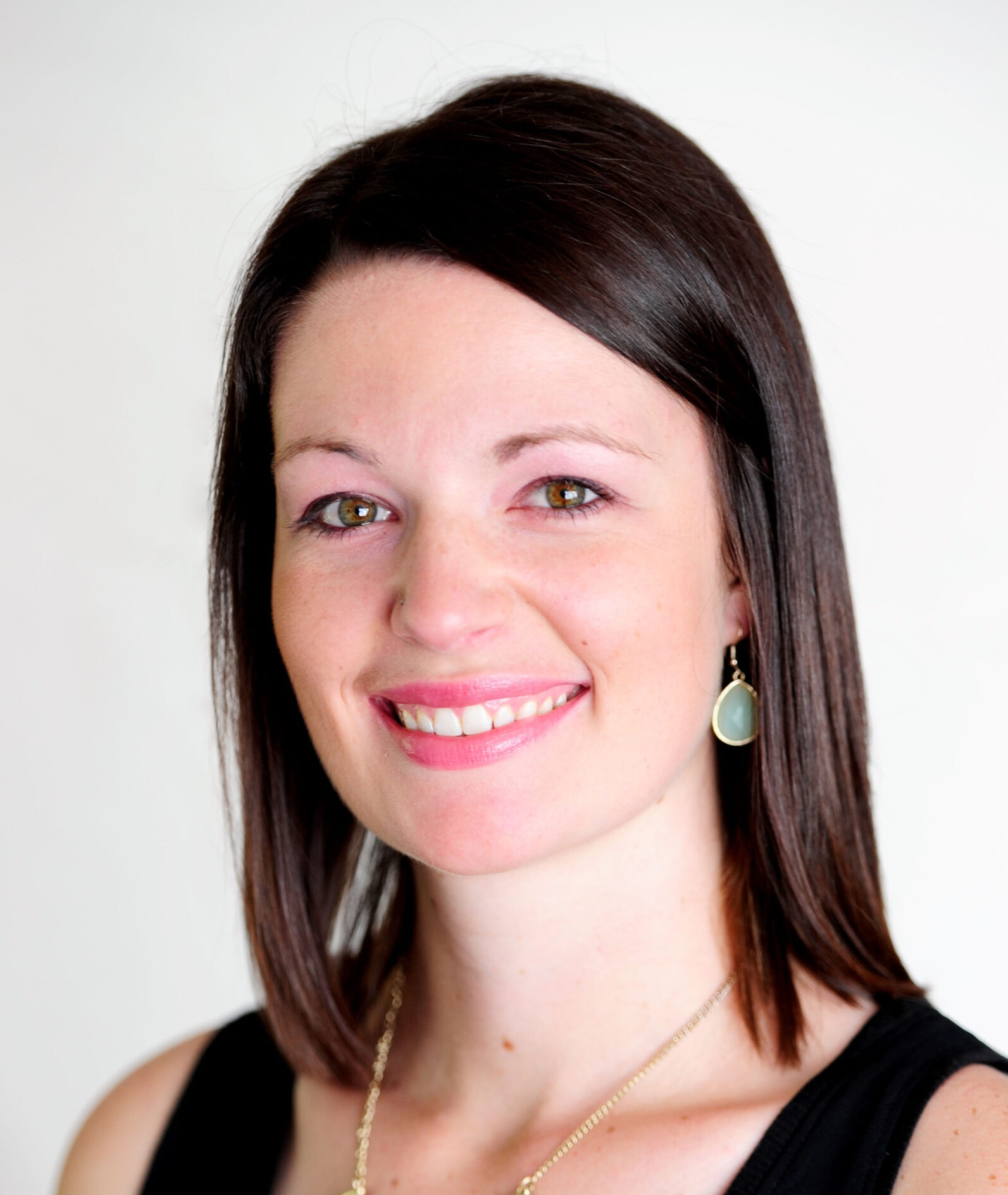
Protein misfolding and templating
Abstract Selected Talk: Vivek K. Unni, M.D., Ph.D.
Oregon Health and Science University
Alpha-synuclein in nucleolar DNA double-strand break repair: Cross-talk between Parkinson’s disease, melanoma and genomic instability
Discussion
Poster session and dinner
Dinner tickets must have been purchased during registration
Thursday, September 28, 2023
Session 4: Protein Pathologies II (Chair: Michael Henderson, Ph.D., Van Andel Institute)
Breakfast
Hilal Lashuel, Ph.D.
Ecole Polytechnique Fédérale de Lausanne (EPFL)

Rethinking the role of alpha-synuclein aggregation in the pathogenesis of Parkinson’s disease: From mechanisms to therapeutic strategies
Sonia Gandhi, M.D., Ph.D.
Crick Institute
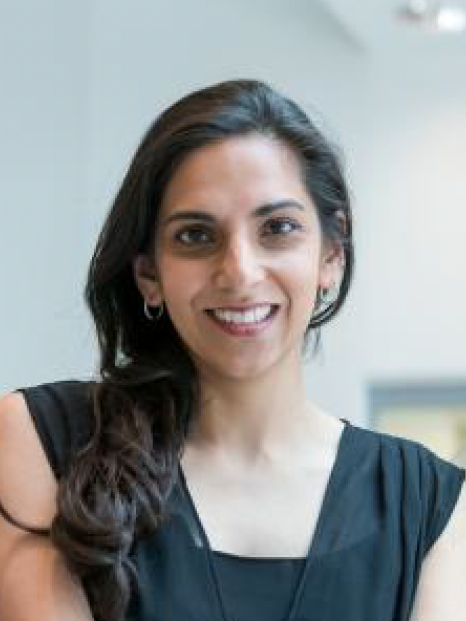
Thinking big to see small: resolving synucleinopathy in iPSC models
Subhojit Roy, M.D., Ph.D.
University California San Diego
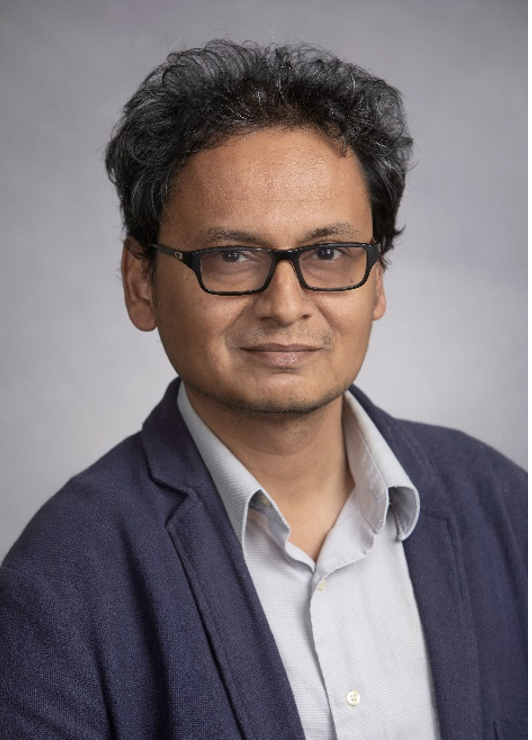
The physiologic role of alpha-synuclein
Abstract Selected Talk: Patrik Brundin, M.D., Ph.D.
Roche

Prasinezumab reduces motor progression in the Pasadena open label extension
Discussion
Break
Session 5: Circuit Dysfunction I (Chair: George Huntley, Ph.D., Icahn School of Medicine)
Alexandra Nelson, M.D., Ph.D.
UC San Francisco
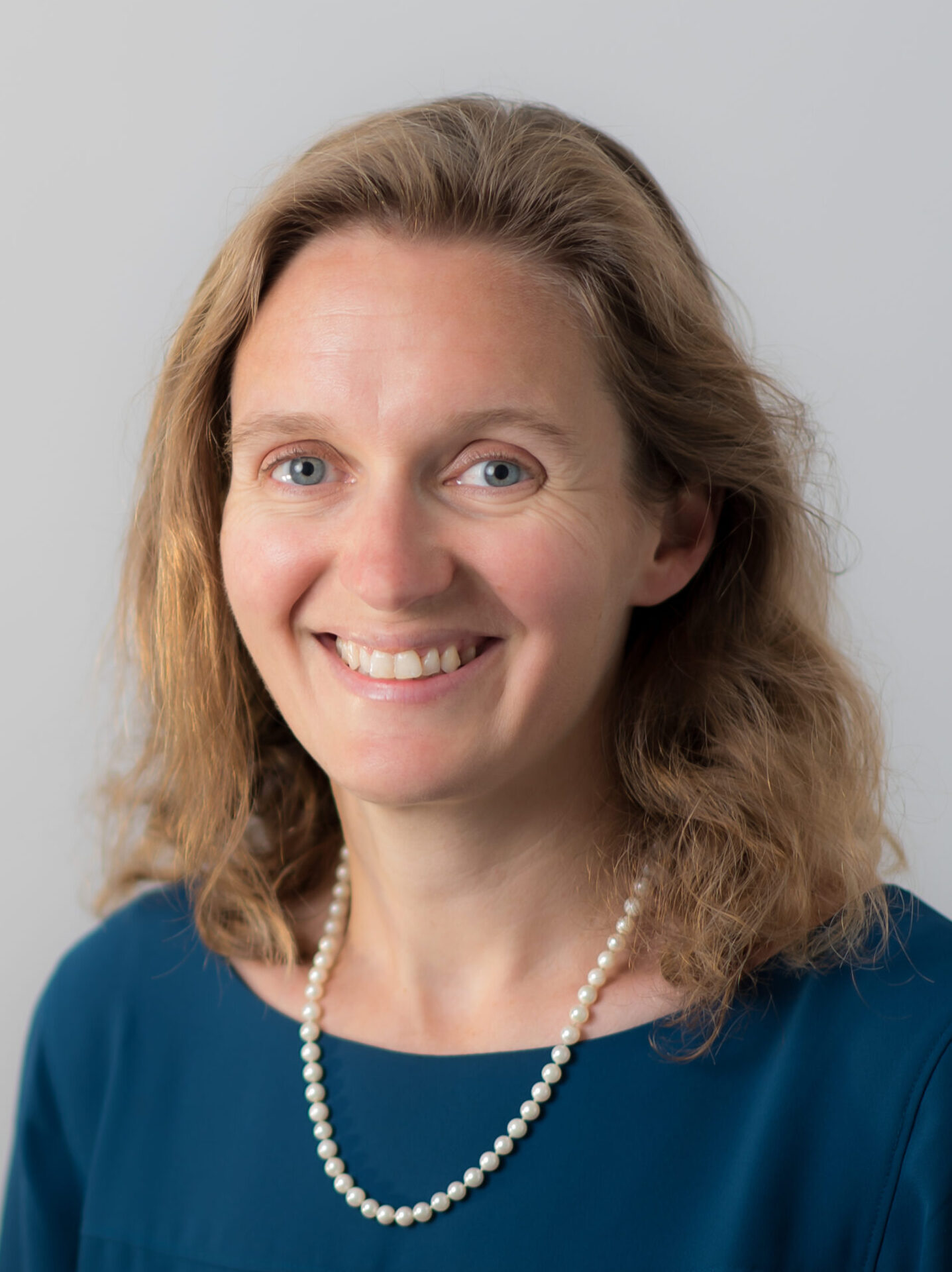
Altered striatal synaptic function in levodopa-induced dyskinesia
Nicole Calakos, M.D., Ph.D.
Duke University Medical Center
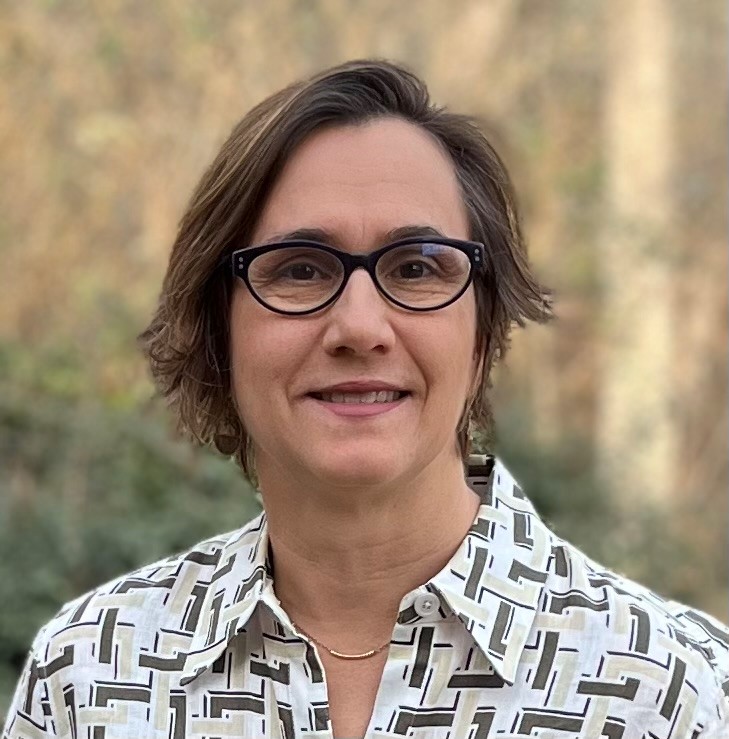
Cell stress pathways in basal ganglia circuits in PD – Perpetrators or protectors?
Hong-yuan Chu, Ph.D.
Van Andel Institute
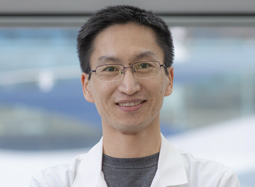
Motor cortical neuroplasticity in parkinsonism
Discussion
Lunch
Findings from the 2023 Rallying to the Challenge meeting
Tom Isaacs Award Presentation
Break
Session 6: Circuit Dysfunction II (Chair: Hong-yuan Chu, Ph.D., Van Andel Institute)
William Lytton, M.D.
Using computer modeling to turn correlation into causality in PD
Rui Chang, Ph.D.
Yale School of Medicine
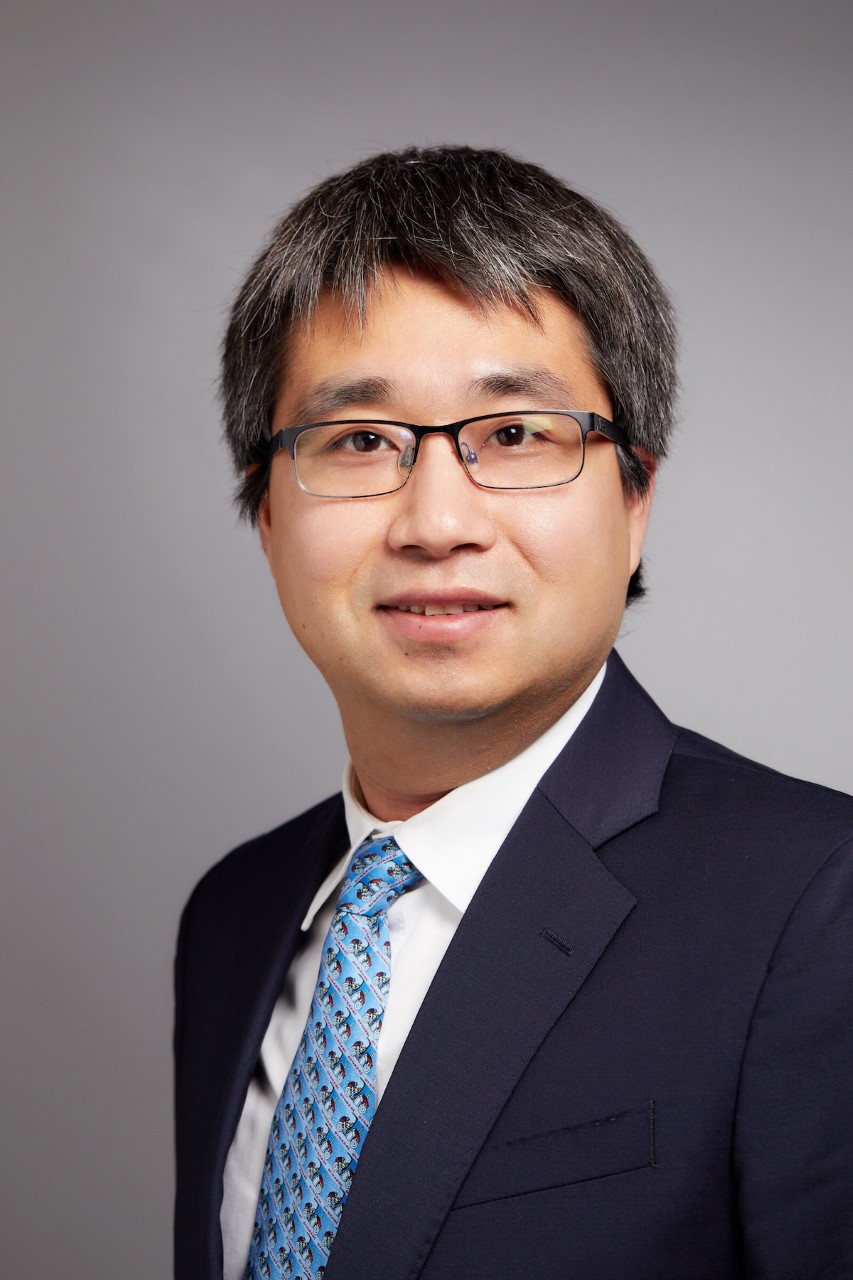
From body to brain: interoceptive coding in the vagus nerve and its role in Parkinson’s disease
George Huntley, Ph.D.
Icahn School of Medicine
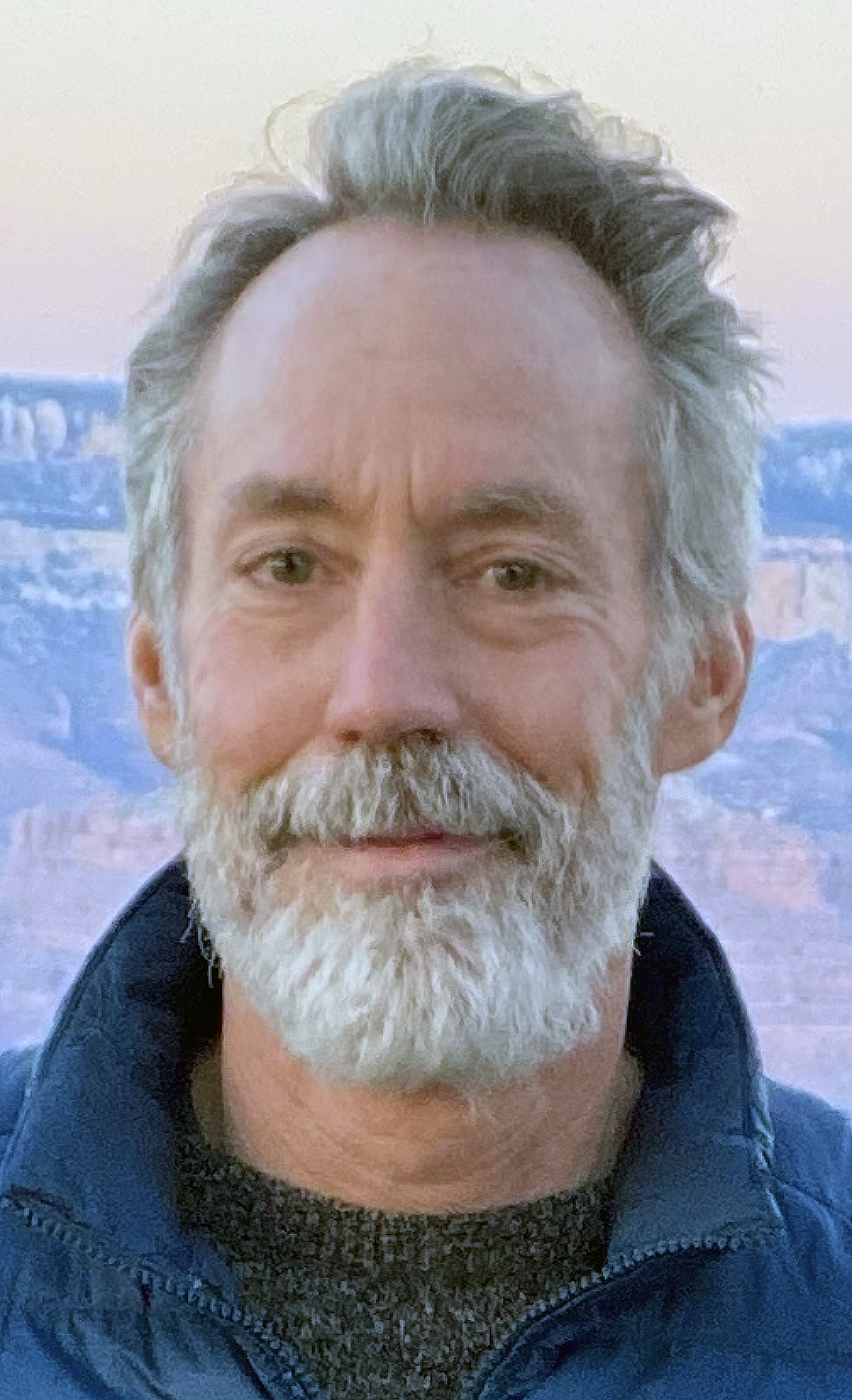
The challenges of preventing early cognitive decline in Parkinson’s
Discussion
Closing Remarks
Professor, Departments of Neurology, Neurobiology and Cell Biology
Lincoln Financial Group Professor of Neurobiology
Chief, Parkinson’s Disease and Movement Disorder division
Duke University Medical Center
Nicole Calakos, M.D., Ph.D., is a physician-scientist who cares for patients with movement disorders and maintains an active laboratory research program. Dr. Calakos is the Lincoln Financial Group Professor of Neurology and Neurobiology and Chief of the Movement Disorders section in Neurology at Duke University Medical Center. Her laboratory studies how synaptic plasticity generates learning and adaptive behavior; and how its disruption causes diseases of the basal ganglia circuitry. The Calakos Lab is widely recognized for its contributions to understanding habit formation, compulsive behavior and dystonia and for the generation of new methodologies to study basal ganglia physiology.
Dr. Calakos received her bachelor’s degree from the University of California at Berkeley, her M.D. and Ph.D. degrees from Stanford University, and residency training in neurology at the University of California at San Francisco.
Dr. Calakos’ contributions have been recognized through a number of awards, leadership and service opportunities. She is a member of the National Academy of Medicine, fellow of the American Association for the Advancement of Sciences, and 2023 recipient of the ASCI Korsmeyer award. Dr. Calakos advocates for basic and translational neuroscience through these organizations and activities that have included: the Board of Directors for the American Neurological Association, governance committee for the Duke University Institute for Brain Sciences and scientific advisory boards for disease foundations.
Assistant Professor, Yale University School of Medicine
Dr. Rui Chang received his B.S. in Biological Sciences and Biotechnology from Tsinghua University, China, in 2005. He then studied sensory transduction with Emily Liman and earned his Ph.D. in Neuroscience at the University of Southern California in 2011. He completed his postdoctoral training with Stephen Liberles at Harvard Medical School, where he investigated how body sensory cues are monitored by the brain through the vagus nerve, and how these internal signals regulate whole body physiology. He joined both the Department of Neuroscience and the Department of Cellular and Molecular Physiology at Yale University School of Medicine in January 2018. The Chang lab uses state-of-the-art molecular, genetic, and imaging approaches including single-cell gene expression profiling, virus-based anatomical mapping, in vivo imaging, optogenetics, and chemogenetics to reveal the physiological functions of diverse organ-to-brain circuits. The goal is to better understand the important body-brain interface, and to develop novel neuronal-based therapeutic strategies for disease intervention.
Assistant Professor, Department of Neurodegenerative Science, Van Andel Institute
Dr. Hong-yuan Chu received his Ph.D. in pharmacology from Shanghai Institute of Materia Medica. He then completed postdoctoral training at the National Institute of Mental Health and Northwestern University. In 2019, he joined Van Andel Institute’s Department of Neurodegenerative Science as an assistant professor. Dr. Chu serves as a reviewer for eLife, Journal Parkinson’s Disease, the Frontiers journals, and others. He is the recipient of several awards, including the prestigious 2020 BBRF Young Investigator Award.
Senior Investigator, Laboratory of Neurogenetics, NIA
Dr. Mark R. Cookson is a cell biologist whose current research interests include the effects of mutations in the genes associated with neurodegeneration at the cellular and molecular level. His laboratory efforts are directed at finding the underlying pathways that lead to Parkinson’s disease and related disorders. Dr. Cookson received both his B.Sc. and Ph.D. degrees from the University of Salford, UK in 1991 and 1995, respectively. His postdoctoral studies included time spent at the Medical Research Council laboratories and at the University of Newcastle, Newcastle, UK. He joined the Mayo Clinic, Jacksonville, Florida, as an Assistant Professor in 2000 and moved to the NIA in February 2002. Within the Laboratory of Neurogenetics, Dr. Cookson’s group works on the effects of mutations associated with Parkinson’s disease on protein function.
Associate Professor, Cell Biology and Neuroscience, Yale University
Dr. Ferguson’s laboratory has made significant discoveries relating to two crucial areas of research: fundamental mechanisms governing lysosome function and the contributions of lysosome dysfunction to neurodegenerative diseases. Specifically, their research has provided valuable insights into the control of signaling protein abundance at lysosomes, including the dynamic shuttling of the MiT-TFE family of transcription factors between lysosomes and the nucleus. This process helps match lysosome function to changing cellular demands. Additionally, the lab has uncovered the regulation of Rag GTPases by folliculin, a tumor suppressor, and mechanisms of mTORC1 activation at lysosomes. The lab has furthermore defined a novel C9orf72-containing protein complex that controls lysosome responses to amino acid availability. These findings have revealed how lysosomes integrate various inputs concerning lysosome homeostasis and nutrient availability, generating essential signals to communicate this information throughout the cell. In addition to signaling from lysosomes, Dr. Ferguson has also identified regulators of the lysosome transport in neuronal axons with neurodegenerative disease implications. Most recently, the Ferguson laboratory identified a critical role for LRRK2 in controlling lysosome degradative activity in macrophages and microglia. Notably, they found that excess LRRK2 activity, associated with the G2019S familial Parkinson’s disease mutation, suppresses lysosome degradative function. To deepen the understanding of both fundamental cell biology and the impact of LRRK2 dysregulation in Parkinson’s disease, ongoing research focuses on defining the mechanisms of LRRK2 activation and the specific LRRK2 targets that mediate its functions at lysosomes in neurons and glia.
Senior Group Leader of the Neurodegeneration Biology Laboratory and Assistant Research Director at The Francis Crick Institute
Professor of Neurology, UCL
Sonia obtained an MA in Neuroscience at the University of Cambridge, a degree in Medicine at the University of Oxford and completed a PhD in Neuroscience at UCL Institute of Neurology. She undertook Wellcome Career Development Fellowship, establishing her own laboratory in 2014 at UCL QS Institute of Neurology, and was seconded to The Francis Crick Institute in 2017. In 2020 she was awarded an MRC Senior Clinical Fellowship and promoted to Professor of Neurology in 2021.
Her research program focusses on understanding the molecular and cellular mechanisms that cause neurodegenerative diseases, specifically familial forms of Parkinson’s disease. Her laboratory has adopted an interdisciplinary approach, combining single molecule biophysics with human stem cell systems to understand how and why proteins misfold in human cells, and then defining the organellar and cellular consequences of protein aggregation. Funded by the global initiative, Aligning Science Across Parkinson’s, her group is utilising a range of single cell, single molecule and spatial technologies to generate a detailed molecular and cellular map of the human Parkinson’s brain. Through an MRC Multiscale Program award, her group models subtypes of Parkinson’s across different scales and modalities, integrating cellular, computational, and clinical neuroscience to understand progression in Parkinson’s.
Director/Principal Scientist at Denali Therapeutics
Anastasia (Stacy) Henry leads a team of scientists within the Pathway Biology group at Denali Therapeutics. Her lab is focused on understanding the mechanisms by which disease-associated proteins affect lysosomal function and ultimately contribute to pathogenesis, enabling the development of novel therapeutic approaches to treat Parkinson’s disease and neuronopathic lysosomal storage disorders. She leads biology efforts to support the LRRK2 kinase inhibitor programs at Denali and to explore the role of lysosomal function in neurodegeneration more broadly. Dr. Henry received her Ph.D. from the University of California, San Francisco in the lab of Mark von Zastrow and her postdoctoral training in the neuroscience department at Pfizer in the lab of Warren Hirst.
William Maul Measey Professor of Physiology, University of Pennsylvania Perelman School of Medicine
Erika L. F. Holzbaur is the William Maul Measey Professor of Physiology at the University of Pennsylvania Perelman School of Medicine. She received her B.S. with High Honors in Chemistry and History from the College of William and Mary and her Ph.D. in Biochemistry from Penn State. Holzbaur joined the faculty at Penn in 1992, where she is now holds an endowed professorship in the Department of Physiology. The Holzbaur lab studies the dynamics of organelle trafficking in neurons. Organelles including mitochondria, autophagosomes, and lysosomes are actively transported over distances of a meter or more along the axons and dendrites of neurons; defects in this trafficking are causative for both neurodevelopmental and neurodegenerative disease. The lab also investigates cellular mechanisms required to maintain neuronal homeostasis, focusing on the dynamics of autophagy and mitophagy. Defects in these pathways lead to the accumulation of dysfunctional organelles and aggregated proteins, and are implicated in both Parkinson’s disease and ALS. Dr. Holzbaur has received a Porter Fellowship, the NINDS Javits Award, the Stanley N. Cohen Biomedical Research Award, the Jane M. Glick Graduate Student Teaching Award, the Sandra K. Masur Senior Leadership Award, and is a Lifetime Fellow and current President of the American Society for Cell Biology. More than 40 postdocs and students have trained in her lab, many now running research labs at top universities in the US and internationally.
Professor of Neuroscience, Icahn School of Medicine at Mount Sinai, New York NY
George W. Huntley received his B.A. in Physiology from UC San Diego and his Ph.D. in Neuroscience at UC Irvine working with Edward G. Jones on the structural and functional organization of motor representations in monkey motor cortex. His postdoctoral training with Dr. John Morrison focused on defining GluA subunit distribution at identified synapses in primate cerebral cortex. His early work in his own laboratory explored mechanisms of circuit plasticity of motor representations in motor cortex and the role of somatosensory experience in shaping development of motor representations, work for which he was awarded the Cajal Club’s “Cortical Explorer Prize.” Subsequent efforts focused on defining how the cadherin family of cell adhesion molecules and extracellular proteolysis proactively shape developing and mature circuits in health and disease. Recent efforts, with his long-time collaborator Deanna Benson, have focused on understanding the basis of early-appearing cognitive and psychiatric-like non-motor symptoms of Parkinson’s, interrogating mouse models behaviorally, anatomically, electrophysiologically and molecularly to infer how risk-gene mutations co-opt circuit structure and function. He is currently Professor of Neuroscience at Mount Sinai and directs the Neuroscience Ph.D. graduate training program.
Associate Professor, Ecole Polytechnique Fédérale de Lausanne (EPFL)
Hilal Lashuel is an associate professor and the director of the Laboratory of Molecular and Chemical Biology of Neurodegeneration at École Polytechnique Fédérale de Lausanne (EPFL) in Switzerland. Research in the Lashuel laboratory focuses on applying chemical biology approaches to elucidate the mechanisms of protein misfolding and aggregation and their contribution to neurodegenerative diseases with ultimate goal of developing novel therapies and diagnostics for early intervention, and monitoring disease progression.
Dr. Lashuel received his B.Sc. degree in chemistry from Brooklyn College (1994) and completed his doctoral studies at Texas A&M University and the Scripps Research Institute (2000). He joined Harvard Medical School and the Brigham and Women’s Hospital (2001) as a research fellow and was later promoted to an instructor in neurology before joining the EPFL in 2005. In addition to his appointment at the EPFL, Dr. Lashuel served as the Executive Director of Qatar Biomedical Research, a member of the Board of Trustees for the Qatar Biobank and Qatar Genome Project from 2014-2016, and currently serves as the research, development and innovation advisor to the chairperson of Qatar Foundation. He is also founder and CSO of ND BioSciences SA a biotech company focusing on developing novel diagnostics and therapies to treat neurodegenerative diseases.
Professor, Department of Pathology and Laboratory Medicine
Perelman School of Medicine at the University of Pennsylvania
The John H. Ware 3rd Professor in Alzheimer’s Research
Director, Center for Neurodegenerative Disease Research and Marian S. Ware Alzheimer Program
Dr. Virginia M.-Y. Lee studied music at the Royal Academy of Music in London (1962-1964) and received her Ph.D. in Biochemistry from the University of California at San Francisco in 1973. She joined the Department of Pathology and Laboratory Medicine at the Perelman School of Medicine in 1981 and rose to become Professor of Pathology & Laboratory Medicine in 1989. Dr. Lee identified tau, alpha-synuclein and TDP-43 as disease proteins that form unique inclusions in Alzheimer’s, Parkinson’s and frontotemporal degeneration/Lou Gehrig’s disease, respectively, and has advanced understanding of their roles in these disorders. Dr. Lee’s h-index is 146 and she is listed among the 10 most highly cited AD researchers from 1985-2008 and among the top 400 most highly influential biomedical researchers from 1996-2011. She has been ranked 2 among Top Female Scientists for 2022 by Research.com. Dr. Lee is the recipient of many honors and awards including the Lifetime Achievement Award in Alzheimer’s Disease Research, Robert A. Pritzker Award for Leadership in Parkinson’s Disease Research from the Michael J. Fox Foundation, and the Breakthrough Prize in Life Sciences.
Richard and Shirley Cahill Endowed Chair in Parkinson’s Disease Research and Associate Professor of Neurology, UC San Francisco
Alexandra Nelson, M.D., Ph.D., is the Richard and Shirley Cahill Endowed Chair in Parkinson’s Disease Research, and Director of the Physician-Scientist Career Development Program at UC San Francisco. Dr Nelson received her M.D./Ph.D. training at UC San Diego, where she studied cellular and circuit mechanisms of cerebellar motor learning. She completed her Neurology residency and postdoctoral training in basal ganglia physiology at UC San Francisco, joining the faculty in 2014. In the lab, her research group investigates the cellular and circuit basis of movement disorders, using electrophysiology, optogenetics, and other optical methods in mouse models of disease. In the clinic, she focuses on the care of patients with neurodegenerative movement disorders, including Huntington’s Disease and Spinocerebellar Ataxias.
Professor, University of California San Diego
A static cell is a dead cell. A broad interest in the Roy lab is to explore movement in neurons — mechanisms that convey, deposit and retain cargoes in axons, dendrites and synapses. A related interest is to manipulate trafficking-pathways for therapeutics in neurodegenerative diseases (particularly gene- and CRISPR- based therapies). Relevant to this meeting, the lab is interested in the physiologic role of alpha-synuclein at synapses, and early pathophysiologic transitions that ultimately lead to Parkinson’s disease and related disorders.
Assistant Professor of Neuroscience, Weill Cornell Medicine
Dr. Sharma’s lab studies neurodegenerative diseases, using molecular-cellular techniques, patient-derived induced neurons, as well as mouse genetic models. He studied microbiology for his undergraduate degree. During his Ph.D. thesis with Dr. Gergely Lukacs, he trained as a molecular cell biologist, while studying misfolding and quality-control of the cystic fibrosis protein CFTR. He applied this training to neuroscience during his postdoctoral training with Dr. Tom Südhof, and acquired mouse genetics skills, in order to study animal models of human neurodegenerative diseases (Burré et al., 2010; Sharma et al., 2011). As an Assistant Professor of Neuroscience at Weill Cornell Medicine, Dr. Sharma’s lab studies neurodegenerative disorders at the molecular-cellular level, including their pharmacological correction-strategies (Naseri et al. 2020; Xie et al. 2022), frequently in collaboration with Dr. Jacqueline Burré’s lab.
Branch Chief, Medical Genetics Branch, National Human Genome Research Institute
Dr. Ellen Sidransky is the Branch Chief of the Medical Genetics Branch and is a pediatrician and geneticist in the National Human Genome Research Institute at National Institutes of Health (NIH). Dr. Sidransky received her B.A. from Brandeis University and her M.D. from Tulane University. She trained in pediatrics at Northwestern University, and in Clinical Genetics at the NIH. Dr. Sidransky has been a tenured NIH investigator and Section Chief since 2000. Her research interests include both clinical and basic aspects of Gaucher disease and Parkinson disease, studies of genotype/phenotype correlation and genetic modifiers, insights from mouse models, and novel treatment strategies. She played a lead role in establishing the association between glucocerebrosidase and parkinsonism. The author of over 200 publications, she continues to focus on the complexity encountered in “simple” Mendelian disorders, the role of lysosomal pathways in parkinsonism, and the development of small molecule chaperone therapy for Gaucher disease and for parkinsonism. She is the recipient of the 2019 Jay Van Andel Award for Outstanding Achievements in Parkinson’s Disease Research, the 2019 U.S. Public Health Service Meritorious Service Medal and the 2021 WORLDSymposium Roscoe O. Brady Award for Innovation and Accomplishment.
Associate Professor Neurology, University of Alabama at Birmingham
Dr. Volpicelli-Daley earned her B.A. in Math and English Literature in college. Her Ph.D. in Neuroscience was earned at Emory University in the lab of Allan Levey, M.D., Ph.D. expert in Alzheimer’s disease and dementias. She also trained in cell biology at Yale University and neurodegenerative disease at the University of Pennsylvania. Dr. Volpicelli-Daley is currently associate professor with tenure at the University of Alabama at Birmingham. Her lab focuses on the how pathologic aggregates of alpha-synuclein contribute to motor and cognitive symptoms in Parkinson’s disease and Lewy body dementias. She is director of a Graduate Neuroanatomy Course and Director of an M.D./Ph.D. course about research in basic sciences. She was awarded the UAB Graduate Dean’s Excellence in Mentorship Award and Outstanding Roadmap Scholars Research Mentor Award.
Assistant Professor, University of Massachusetts Amherst
Dr. Amanda Woerman received her B.A. in botany/microbiology and politics and government from Ohio Wesleyan University in 2008, and her Ph.D. in molecular medicine from The George Washington University in 2013. In July 2013, Dr. Woerman joined Dr. Stanley Prusiner’s laboratory at UCSF as a postdoctoral fellow, where she developed cellular assays for characterizing tau and alpha-synuclein prion strains in neurodegenerative disease. Dr. Woerman joined the faculty at UMass Amherst as an assistant professor in September 2019, where her lab is focused on using strain biology to develop novel diagnostics and therapeutics for neurodegenerative diseases.
Dr. MRC Laboratory of Molecular Biology
Yang Yang’s research interest is assembling and accumulation mechanisms of various amyloids in Neurodegenerative diseases. Dr. Yang completed her Ph.D. in Biochemistry and Molecular biology at the Institute of Biophysics (IBP), Chinese Academy of Sciences in 2017. Then she worked as a research associate in the laboratory of Dr. Zihe Rao focusing on the research of GPCR and Gi-protein complex. Yang started her postdoctoral training in Dr. Sjors Scheres’ laboratory at the Medical Research Council, Laboratory of Molecular Biology to determine the structures of amyloid filaments. Yang explored and characterized the cryo-EM structures of amyloid-β (Aβ) filaments from human brains with Alzheimer’s disease, and α-synuclein filaments from Parkinson’s disease and dementia with Lewy bodies.
When is Grand Challenges in Parkinson’s Disease and Rallying to the Challenge? How much does it cost?
Grand Challenges in Parkinson’s Disease and Rallying to the Challenge will take place September 27-28, 2023. Registration will open in spring 2023 and close in September 2023.
-
$50 for trainees (graduate students and postdoctoral fellows)
-
$100 for non-trainees
What if I need or other accommodations?
Please contact Courtney Zirkle at [email protected] to discuss any special accommodation needs.
How do I become a sponsor?
Please contact Courtney Zirkle at [email protected] for more information on sponsorship opportunities.
What is the refund policy?
Refund requests must be made in writing to the Grand Challenges in Parkinson’s Disease by Sept. 23, 2023. After Sept. 23, refund requests will not be honored. If you are not able to attend, a substitute may attend in your place. The name and email address of the substitute must be emailed to Courtney Zirkle at [email protected]g prior to Sept. 23, 2023.
Code of Conduct Guidelines
We are dedicated to providing a harassment-free, non-discriminatory symposium experience for all participants, regardless of race, color, national origin, religion, sex, age, disability, pregnancy, height, weight, marital status, veteran status, sexual orientation, gender identity, or other personal characteristics covered by applicable law. We will not tolerate harassment of conference participants in any form. We expect participants at our events to engage in constructive and professional discussions at all times. Harassment can include unwelcomed attention, inappropriate comments or jokes that refer to gender differences, sexual topics, requests for dates, or other sexual activities as well as the use of language that may demean or degrade individuals. These behaviors are not appropriate for any of our conference venues, including talks, workshops, networking sessions, poster sessions, social networking platforms, and other online media platforms. Any participant violating these guidelines will be removed from the symposium at the discretion of the conference organizers.
Anyone who has experienced the above, or who has witnessed such behavior, should notify Courtney Zirkle at [email protected]. Anonymous reporting may also be done through the EthicsPoint Hotline.
Jay Van Andel Award for Outstanding Achievement in Parkinson’s Disease Research
The Jay Van Andel Award for Outstanding Achievement in Parkinson’s Disease Research was established in 2012 in memory of Van Andel Institute founder Jay Van Andel, who battled Parkinson’s disease for a decade before his death in 2004. The award is given to scientists who have made outstanding contributions to Parkinson’s disease research and who have positively impacted human health.
About Jay Van Andel
Entrepreneur and philanthropist Jay Van Andel, perhaps best known as the co-founder of Amway, founded Van Andel Institute in 1996 with his wife Betty. Mr. Van Andel saw opportunity in the landscape of his hometown of Grand Rapids, Michigan, and imagined a thriving center for biomedical research, health care and the life sciences industry. He forged ahead in pursuing this dream despite his diagnosis of Parkinson’s, which eventually took his life in 2004.
In his autobiography, An Enterprising Life, Mr. Van Andel wrote, “Research into the causes and potential cures for Alzheimer’s, Parkinson’s, and other diseases is promising but requires much more support…I hope that my own contributions to medical research will be followed by increased support from other entrepreneurs, charitable foundations, and concerned individuals.”
Past Winners
2022 — Anthony E. Lang, O.C., M.D., FRCPC, FAAN, FCAHS, FRSC
2021 — Ted Dawson, M.D., Ph.D.
2020 — Daniela Berg, M.D., and Ron Postuma, M.D., M.Sc.
2019 — Ellen Sidransky, M.D.
2018 — K. Ray Chaudhuri, M.D., FRCP, D.Sc.
2017 — J. William Langston, M.D.
2016 — Stanley Fahn, M.D.
2015 — Robert Nussbaum, M.D., and Maria Grazia Spillantini, Ph.D., FMedSci, FRS
2014 — Andrew John Lees, M.D., FRCP, FMedSci
2013 — Alim-Louis Benabid, M.D., Ph.D.
2012 — Andrew Singleton, Ph.D.
Poster abstracts may be submitted during registration, which will open in spring 2023. For questions or to be added to our email list, please contact Courtney Zirkle.
Eligibility
Students, postdoctoral fellows, faculty and research staff are welcome to submit an abstract. If the number of submitted poster abstracts exceeds the space, the organizers will select the abstracts that are most relevant to the conference theme.
Abstract format
Submitted abstracts should represent original research. The title should be brief and descriptive, and the body should include rationale, methods and results. Please prepare abstracts using the below template.
Abstract submission
Poster abstracts should be submitted during the registration process.
Questions?
Questions regarding abstract submission, posters, or the poster session can be directed to Courtney Zirkle.
TITLE OF ABSTRACT IN ALL CAPS (STYLE = TITLE)
Presenting Author1,2, Other Author1, and Last Author1,3(Style = Authors)
1First Dept., Institution, City, State, Country, 2Second Dept., Institution, City, State, Country, and 3Last Dept., Institution, City, State, Country (Style = Affiliations)
Body of abstract using 300 words or less. Define each abbreviation at first use. All fonts should be Arial, 11 pt. and text should be single-spaced. Once you have filled in this template, choose File>Save As and save your file as a Word document (.doc or .docx) with the filename lastname_abstract. (Style = Body)
EXAMPLE
THE ROLE OF A-SYNUCLEIN IN PARKINSON’S DISEASE PATHOLOGY
Jennifer Lamberts1 and Patrik Brundin1
1Department of Neurodegenerative Science, Van Andel Institute, Grand Rapids, MI, United States
The pathological hallmark of Parkinson’s disease (PD) is protein-rich, intraneuronal inclusions known as Lewy bodies and Lewy neurites, which are composed primarily of aggregates of misfolded a-synuclein (a-syn) protein. Recent studies suggest…
Wednesday, September 27, 2023
8:00 am EST to 5:00 pm EST
8:10 am – Jay Van Andel Award for Outstanding Contributions in Parkinson’s Research Lecture
Virginia M-Y Lee, Ph.D., Perelman School of Medicine, University of Pennsylvania
9:25 am – Break
9:40 am – Rallying to the Challenge welcome
Shaun Hindley
9:45 am – What do we mean by “Pathophysiological Mechanisms to Therapeutics?”
What will be discussed during Grand Challenges in Parkinson’s Disease and why is it an important theme?
Dr. Simon Stott Cure Parkinson’s
10:10 am – Protein pathologies 1: Alpha-synuclein — What is it and how can we detect it?
Dr. Eraz Anis and Dr. Saima Zameer, Van Andel Institute
10:30 am – Break
10:45 am – A-syn seeding assay: what is it and how can it support clinical trials?
Anaya Navangul, MRes, Cure Parkinson’s
11:10 am – Protein pathologies 2: Tau pathology and its impact on Parkinson’s
Which biological characteristics can we measure? Dopamine cell loss, genetics, mitochondrial dysfunction and inflammation
Dr. Alysa Kasen, Van Andel Institute
12:00 pm – Lunch
12:45 pm – What is better than L-dopa?
Feedback from the qualitative work commissioned by the Michael J. Fox Foundation for Parkinson’s Research
Dr. Soania Mathur (Virtual)
1:15 pm – Why could defining the biology of Parkinson’s more precisely help us to develop more targeted treatments for Parkinson’s and secure regulatory approval rapidly?
Martijn Muller, Critical Path for Parkinson’s
1:40 pm – Panel discussion: Why is a staging system so urgently needed?
Gary Rafaloff and Katie Kopil (hybrid)
2.00 pm – Break
2:20 pm – Communications implications and use of language in a new staging system
Group brainstorm with Claire Bale
2:40 pm – Break into focus groups
3:40 pm – Break
4:10 pm – Feedback from Focus Groups and compilation of a presentation to Grand Challenges
5:00 pm – Day 1 closing remarks
5:00 pm – Poster session and dinner (tickets must be pre-purchased during registration)
Thursday, September 28, 2023
9:00 am EST to 2:00 pm EST
9:00 am – Arrival
Tea and coffee will be available
9:30 am – Welcome and opening remarks: A review of clinical trial staging
Sean Hindley
9:50 am – Therapeutic development 1: Disease modifying trials an overview
Gary Rafaloff
10:20 am – Therapeutic development 2: Lysosomal function overview (Bial, ambroxol, etc.)
How can we measure how drugs are affecting the target?
Rosie Fuest and Helen Matthews, Cure Parkinson’s
10:45 am – Break
11:15 am – Therapeutic development 3: Prazinezumab reduces motor progression in the PASADENA open label extension
Dr. Patrik Brundin and Matthew May, Roche
11:30 am – Therapeutic development 4: The challenges of developing combination therapies
Dr. Sonia Gandi
12:00 pm – Lunch
1:00 pm – Findings from the 2023 Rallying to the Challenge meeting
1:30 pm – Tom Isaacs Award Presentation
2:00 pm – Meeting closes
Thank you to our incredible 2023 sponsors!
About Grand Challenges
Grand Challenges in Parkinson’s Disease is an annual scientific symposium that brings together scientists, clinicians, advocates and people with Parkinson’s to explore the latest innovative Parkinson’s disease research.
Since it was established in 2012, Grand Challenges has grown into a multi-faceted symposium that draws attendees from across the globe. Previous themes have explored the role of non-motor symptoms, genes and pathways, disease-modifying therapies, inflammation, clinical trials and drug development.
Programs from previous years
- 2022 Grand Challenges in Parkinson’s Disease
- 2021 Grand Challenges in Parkinson’s Disease
- 2020 Grand Challenges in Parkinson’s Disease
- 2019 Grand Challenges in Parkinson’s Disease
- 2018 Grand Challenges in Parkinson’s Disease
- 2017 Grand Challenges in Parkinson’s Disease
- 2016 Grand Challenges in Parkinson’s Disease
- 2015 Grand Challenges in Parkinson’s Disease
2023 Scientific Program Committee
Darren Moore, Ph.D. (Co-Chair) – Van Andel Institute
Michael Henderson, Ph.D. (Co-Chair) – Van Andel Institute
Hong-yuan Chu, Ph.D. (Co-Chair) – Van Andel Institute
Laura Volpicelli-Daley, Ph.D., – University of Alabama at Birmingham
Anastasia Henry, Ph.D. – Denali Therapeutics
Mark Cookson, Ph.D. – National Institute of Aging
Sonia Gandhi, Ph.D. – Francis Crick Institute, London
George Huntley, Ph.D. – Icahn School of Medicine at Mount Sinai
Soania Mathur, B.Sc., M.D., CCFP – Patient Advocate
Local Planning Committee
Kayla Habermehl — Science Communications Specialist III, Van Andel Institute
Courtney Zirkle — Events and Meeting Specialist II, Van Andel Institute
For more information, please contact Courtney Zirkle at [email protected].
About Rallying to the Challenge
In 2014, VAI and U.K.-based research charity The Cure Parkinson’s Trust held the first Rallying to the Challenge meeting in conjunction with Grand Challenges in Parkinson’s Disease. Rallying to the Challenge drew more than 100 influential advocates, people with Parkinson’s, and caregivers to the Institute to discuss how people with Parkinson’s can improve the clinical trial process. Over two days of talks, discussions and working groups, Rallying attendees laid the foundation for the beginnings of a patient charter and comprehensive toolkit to improve patient involvement in trials and to ensure their voices are heard.
About Van Andel Institute
Van Andel Institute (VAI) is committed to improving the health and enhancing the lives of current and future generations through cutting-edge biomedical research and innovative educational offerings. Established in Grand Rapids, Michigan, in 1996 by the Van Andel family, VAI is now home to nearly 500 scientists, educators and support staff, who work with a growing number of national and international collaborators to foster discovery. The Institute’s scientists study the origins of cancer, Parkinson’s and other diseases and translate their findings into breakthrough prevention and treatment strategies. Our educators develop inquiry-based approaches for K-12 education to help students and teachers prepare the next generation of problem-solvers, while our Graduate School offers a rigorous, research-intensive Ph.D. program in molecular and cellular biology.
Event Details
Contact Info:
Email: Courtney ZirkleThanks to our wonderful sponsors!
Supporting Sponsors





